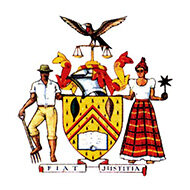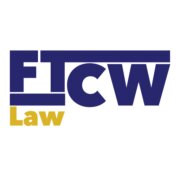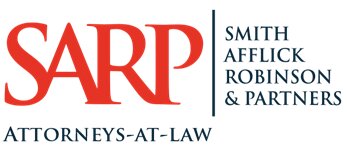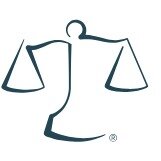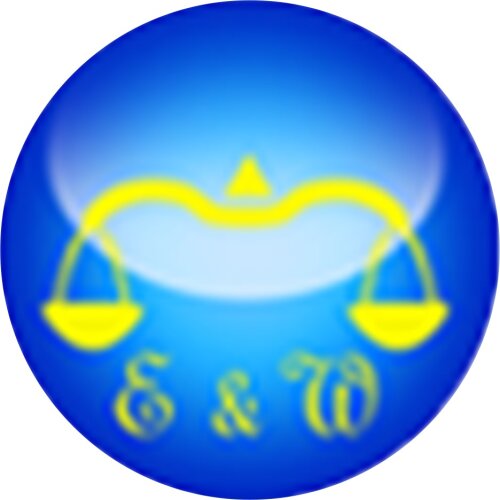Best Education Law Lawyers in Kingston
Share your needs with us, get contacted by law firms.
Free. Takes 2 min.
List of the best lawyers in Kingston, Jamaica
About Education Law in Kingston, Jamaica
Education Law in Kingston, Jamaica, encompasses a broad range of legal issues related to the operation and governance of educational institutions. This includes the rights and responsibilities of students, teachers, administrators, and educational authorities. The purpose of these laws is to ensure that the education system operates fairly, supports the educational needs of students, and complies with national education policies and regulations. Education Law in Kingston is influenced by both local governmental regulations and international frameworks that Jamaica subscribes to, ensuring a robust legal environment for overseeing educational matters.
Why You May Need a Lawyer
Individuals or organizations may need a lawyer specializing in Education Law for various reasons. Common situations include disputes over student admissions, suspensions, or expulsions, conflicts between parents and schools concerning educational rights, compliance with educational standards, and employment issues within educational institutions. A lawyer can also be crucial in advising educational institutions on policy compliance and legal obligations, addressing issues of discrimination, and handling cases related to special educational needs. Legal representation might also be necessary in appealing decisions by educational bodies or in cases involving the protection of intellectual property in educational materials.
Local Laws Overview
Key aspects of local laws related to Education Law in Kingston, Jamaica, include mandatory education requirements, the rights of students to receive free primary education, and the regulations governing private and public educational institutions. The legal framework is guided by the Education Act, which outlines the organizational structure of the education system, the legal duties of educational institutions, and the standards they must meet. Issues of equality and non-discrimination are also entrenched in law, ensuring students have the right to access quality education regardless of gender, socio-economic status, or disability. Local laws also emphasize the importance of child protection within educational settings, establishing legal duties to safeguard students’ welfare.
Frequently Asked Questions
What rights do students have at school?
Students in Kingston, Jamaica, have the right to a safe learning environment, access to education, and to be free from discrimination and bullying. They are also entitled to due process in disciplinary actions.
Can a school deny admission to a student?
While schools have some discretion in admissions, they must adhere to non-discriminatory policies. Public schools, in particular, are required to provide education to all eligible children.
What should I do if my child is being bullied at school?
Parents should report bullying incidents to the school authorities promptly. Schools are required to have policies to address and prevent bullying, and legal counsel may be sought if the school fails in its duties.
Is special education support mandatory in schools?
Yes, schools in Kingston are legally required to provide support for students with special educational needs under the Education Act.
What can I do if I disagree with a school's disciplinary decision?
You can appeal the decision internally through the school's grievance process. If unsatisfied, legal assistance can help explore further options or appeals elsewhere.
How are private schools regulated in Kingston?
Private schools are subject to specific regulations concerning safety, curriculum standards, and teachers' qualifications, which are enforced by the Ministry of Education.
Are there any legal requirements for a teacher certification in Kingston?
Yes, teachers must meet certain qualifications and be registered with the Jamaica Teaching Council to legally teach in Kingston.
Can students or parents file a lawsuit against a school?
Lawsuits can be filed against schools for various reasons, such as negligence, discrimination, or violation of rights, but it is advisable to seek legal advice to understand the merits of the case.
What are parents' rights in their child’s education?
Parents have the right to be involved in their child's education, to receive reports on progress and performance, and to make decisions concerning health or special needs interventions.
How is homeschooling regulated in Kingston, Jamaica?
Homeschooling is permitted, but parents must adhere to specific guidelines and register with the Ministry of Education to establish a compliant curriculum and learning environment.
Additional Resources
There are several resources available for those seeking more information on Education Law in Kingston, Jamaica. The Ministry of Education and Youth provides guidelines and support for educational practices and policies. Legal aid clinics and organizations such as the Jamaica Independent Schools Association (JISA) can offer additional advice and support. These bodies provide insights into regulatory compliance, educational rights, and dispute resolution protocols.
Next Steps
If you need legal assistance in Education Law, consider contacting a lawyer who specializes in this field. Start by scheduling a consultation to discuss your specific concerns. Ensure you gather all relevant documents and details related to your case or situation beforehand. Legal professionals will help guide you through the available options and necessary procedures. Additionally, you may reach out to educational advocacy groups for preliminary advice and guidance.
Lawzana helps you find the best lawyers and law firms in Kingston through a curated and pre-screened list of qualified legal professionals. Our platform offers rankings and detailed profiles of attorneys and law firms, allowing you to compare based on practice areas, including Education Law, experience, and client feedback.
Each profile includes a description of the firm's areas of practice, client reviews, team members and partners, year of establishment, spoken languages, office locations, contact information, social media presence, and any published articles or resources. Most firms on our platform speak English and are experienced in both local and international legal matters.
Get a quote from top-rated law firms in Kingston, Jamaica — quickly, securely, and without unnecessary hassle.
Disclaimer:
The information provided on this page is for general informational purposes only and does not constitute legal advice. While we strive to ensure the accuracy and relevance of the content, legal information may change over time, and interpretations of the law can vary. You should always consult with a qualified legal professional for advice specific to your situation.
We disclaim all liability for actions taken or not taken based on the content of this page. If you believe any information is incorrect or outdated, please contact us, and we will review and update it where appropriate.



